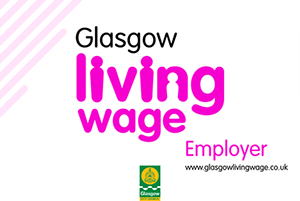A Debt Payment Plan under the Debt Arrangement Scheme is a voluntary agreement with your creditors (the people you owe money to) to repay all of what you owe them.
The DAS will be set up for you and administered by an Approved Money Adviser who will usually either be a public sector employed Money Adviser or an Insolvency Practitioner. Insolvency practitioners are regulated by law and must be members of an approved governing body and also be authorised by the Financial Conduct Authority (FCA).
A DAS will normally include a contribution from your income for a set period of time and possibly additional payments in relation to your assets which you may choose to voluntarily include.


 Barry John Stewart and George Dylan Lafferty are authorised to act as
Barry John Stewart and George Dylan Lafferty are authorised to act as